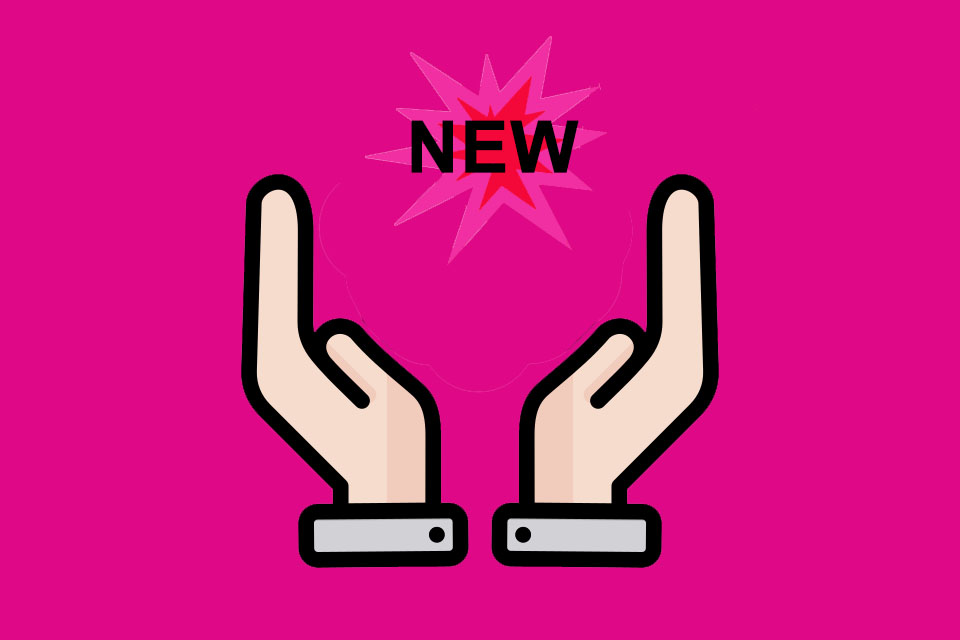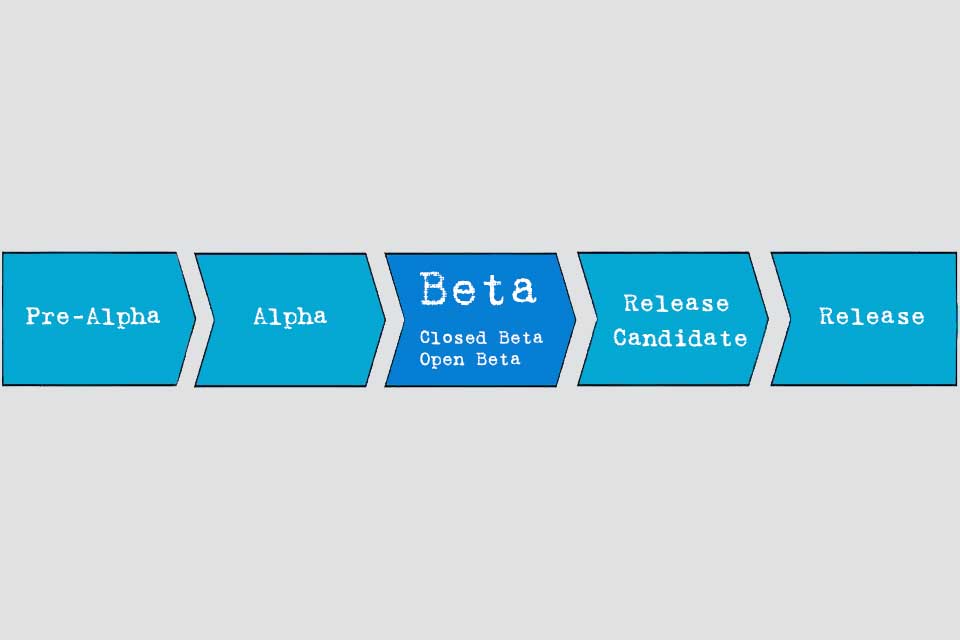What is an Early Adopter?
Smartpedia: An early adopter is a person who is an eager to take advantage of new products, technologies or services and positions oneself as an opinion leader.
Early adopters – early users with an interest in innovative novelties
An early adopter is a person who tests or uses a new product, technology or service at an early stage. Usually the person is more likely to be innovative and in some ways willing to take risks. He or she is often interested to try new products or features before they are fully tested and proven or available to the general public.
Early adopters are often motivated to be at the forefront of new developments and to have access to advanced product or service innovations. They are attracted by the uniqueness of a new technology and may even be willing to pay a higher price to be among the first to own and use a novelty.
Early adopters may also be motivated by the potential benefits and competitive advantages that a new product or technology offers. For example, an early user of a new software tool may increase the productivity and efficiency of their work, giving them a competitive advantage over their peers.
Early adopter as a term goes back to the sociologist and communication researcher Everett Rogers, who first used it in 1962 in his book “Diffusion of Innovations”.¹ Rogers used a model to describe how new products and ideas spread in a defined market or in a concrete community. According to Rogers’ model – also called diffusion theory – the adoption of a new product or idea follows a bell curve, with a small group of innovators and risk takers adopting the product first, followed by a larger group of early adopters and finally the majority of the market. Rogers described early adopters as a key group in the diffusion process, as they are more likely than the general population to try new products and technologies, and can also act as influential opinion leaders and multipliers in their social networks and communities.
The importance of early adopters for companies
Early adopters are important for many companies because
- they can help generate interest in a product, technology or service.
- they can provide valuable feedback on the user experience.
- through their influence in their social networks and communities, they can help spread the word about a new product and encourage others to try it out too. This can help generate sales.
- they can set trends.
- they serve as testers, allowing companies to collect data on actual usage, problems and issues. This helps improve the product before it is more widely available, possibly facilitating its launch in a competitive market.
Sounds good, right? But how can companies interact with early users in the first place?
The interaction of companies with early adopters
There are several ways for companies to reach out and engage with early adopters to increase awareness and interest in a new product:
- Offer early access or beta testing
Companies can offer early access or beta testing programmes to give users an early opportunity to try out a new product before it is generally available. This can help generate enthusiasm and interest in the product, and it can also give the company valuable feedback on how the product is being used and what problems or challenges customers are having. - Foster a sense of community
Companies can set up online communities or forums to connect with each other and share their experiences with a new product. This can help create a sense of community and loyalty among early users, and it can also provide a valuable source of feedback and insights for the company. - Offer personal support
Companies can offer personal support, for example through dedicated customer support or face-to-face consultations with product experts. This can help build trust and loyalty among early adopters, and intensify the mental bond between the user and the product or company. - Offer incentives
Companies can offer incentives or rewards to early adopters, such as discounts on future purchases or exclusive access to new features or products. This can also foster loyalty and encourage early adopters to continue using and actively promoting the product. - Engage influencers
Companies can actively engage in influencer marketing, leveraging – for a fee – the reach of influencers. This generates interest and ideally early product demand.²
That sounds good too, doesn’t it? However, companies also face some challenges when dealing with early adopters.
Challenges and benefits of working with early adopters
There are several challenges that companies face when trying to work with early adopters:
- They often have high expectations of a new product or technology. If the product does not meet these expectations, they are likely to abandon it and look for other solutions.
- They may be more sensitive to issues and problems. Because they are among the first to use a new product, they are more likely to encounter issues or problems that have not yet been recognised or resolved. This can be frustrating for everyone involved and can also lead to negative word of mouth, especially if the company does not address these issues effectively.
- Even though early adopters are influential in their social networks and communities, they may represent a relatively small market for a new product. Therefore, it may be difficult for companies to generate significant sales or revenue from early adopters alone.
- Companies may need to invest a lot of time and money to reach and engage early users, e.g. through personalised support or incentives to encourage adoption. This can be more expensive than simply targeting a broader market.
- Early adopters often act as a kind of gatekeeper and opinion leader. If they are convinced about an innovation or a company, this is advantageous. But if they are not, this is certainly not an advantage for the company or the new product.³
- Often the interest of first-time users in a product innovation is temporary. If the product becomes known and spreads accordingly in the market, then the importance of an early adopter’s opinion leadership decreases almost automatically. It is therefore very likely that he will focus on another product, a new technology or a novel service from another provider.
If companies succeed in overcoming the challenges, interaction with early adopters offers two key advantages
- As multipliers, they can help draw attention to a novelty and even create a sense of excitement and anticipation for the product. This anticipation may create demand and sales.
- They can provide valuable feedback on a new product, including suggestions for improvements and ideas for new features. This can be particularly useful for companies launching a new product in a highly competitive market, as it allows them to recognise and address problems or challenges before the product is available or known to the general public.
Impulse to discuss
Does every organisation need a strategy to target early adopters early and use them as brand ambassadors?
If you like the article or would like to discuss it, please feel free to share it in your network. And if you have any comments, please do not hesitate to send us a message.
[1] Diffusion of Innovation Theory
[2] Influencer marketing is considered an important lever for brand communication and sales promotion in many sectors and industries.
[3] As a company, it can make sense to make new features available only to selected, benevolent customers at an early stage. This minimises the risk of public criticism while emphasising the importance of the customer relationship and laying the groundwork for valuable feedback from actual users.
In addition to actual innovators and early adopters, other user groups can be defined: Early Majority, Late Majority and Laggards.
Open Ai demonstrates the effect that working with early adopters can have with ChatGPT. It feels like not a minute goes by before an early user publishes the latest findings on the use of chat functionality via social media.
Here you will read an article aobut 10 characteristics of a digital mindset.
And here you will find additional information from our Smartpedia section:



